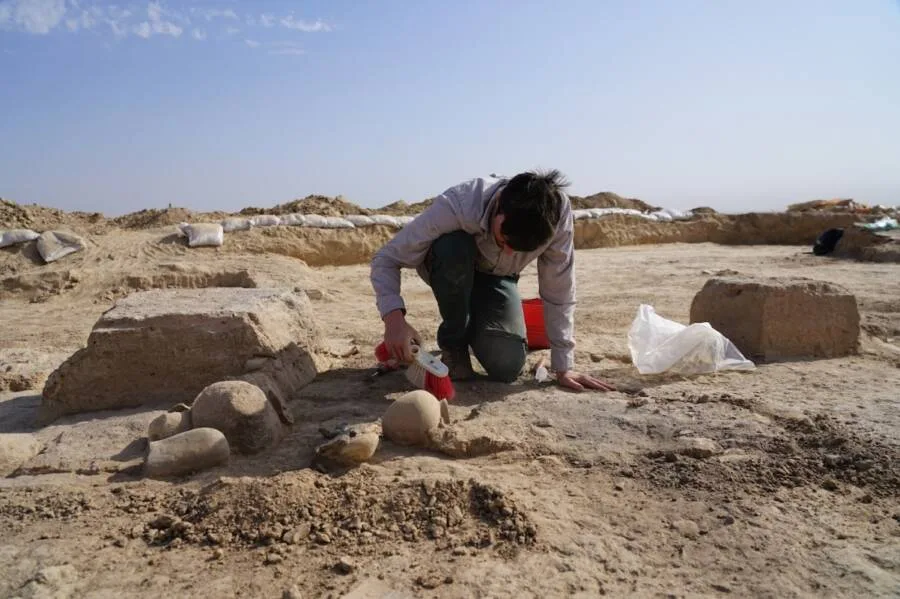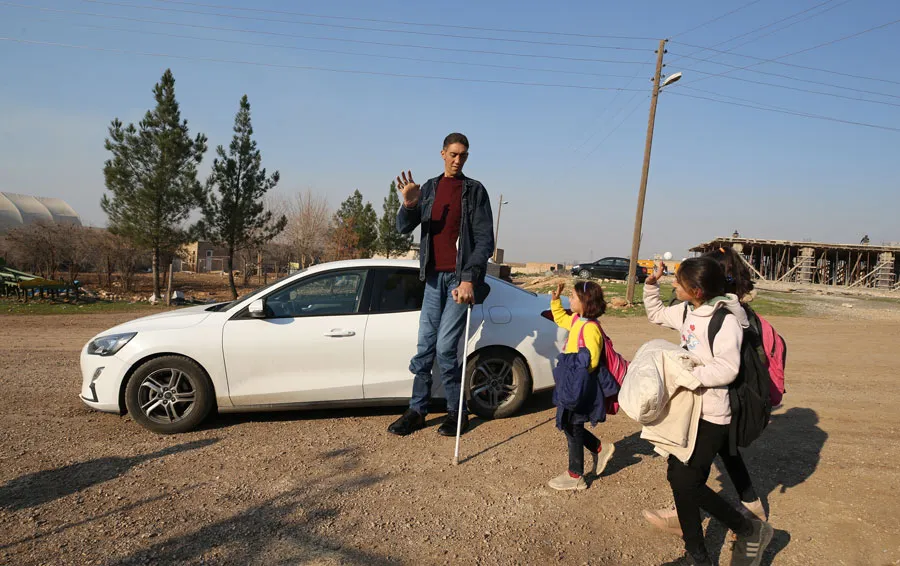The archaeological site of Shakhi Kora in southern Iraq has unveiled an extraordinary story of governance. Dating back to the 4th millennium BCE, this settlement provides evidence of one of the earliest known centralized governments and its peaceful dismantling. Excavations since 2019, part of the Sirwan Regional Project, have uncovered insights into ancient life and governance.
Researchers discovered structures used over centuries, along with numerous simple bowls that held protein-rich stews. These artifacts suggest communal gatherings, possibly where meals were provided as payment for labor. The rise of centralized government in Shakhi Kora likely aimed to manage food distribution and workforce coordination.
As time passed, the settlement incorporated cultural influences from the city of Uruk, one of the earliest cities in history. Yet, rather than growing into a lasting state, the people of Shakhi Kora made a conscious decision to abandon the settlement and dismantle their government. Unlike most historical collapses caused by war or environmental crises, this government disbanded peacefully, with no evidence of violent revolt or natural disaster.
Archaeologists suggest that the decision to reject centralized power reflects a societal choice against hierarchical governance. Shakhi Kora’s abandonment challenges the notion that top-down governance was an inevitable step in human development. Instead, it demonstrates how ancient societies experimented with and sometimes resisted centralized authority.
The discovery at Shakhi Kora highlights how history unfolds in non-linear ways. Its story offers valuable insights into the complexity of early human societies, their adaptability, and the choices they made about governance.




